You won't be nice by force, or When in Russia guys were forced to marry against their will
Men who were in no hurry to tie the knot were at all times and among all peoples. No matter how high family values are in Russia, there were enough convinced bachelors in our country. However, not everyone managed to maintain their status and "walk up" enough — sometimes they were married by force and there were many such cases. In what cases did our ancestors lead guys "down the aisle" against their will, and even with an unloved girl?
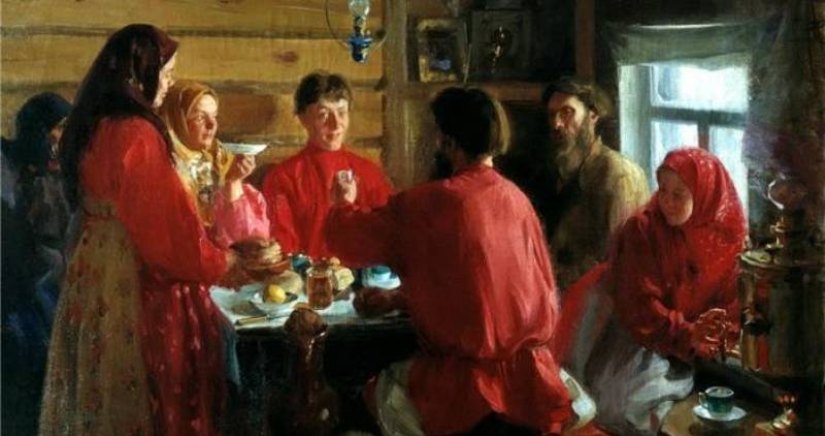
Seduction of a girl and her pregnancy is one of the most common reasons to forcibly marry a guy to her. At the same time, it should be clarified that in pagan times, such a situation did not concern a man and his relatives — the problem completely fell on the shoulders of the pregnant woman and her parents.
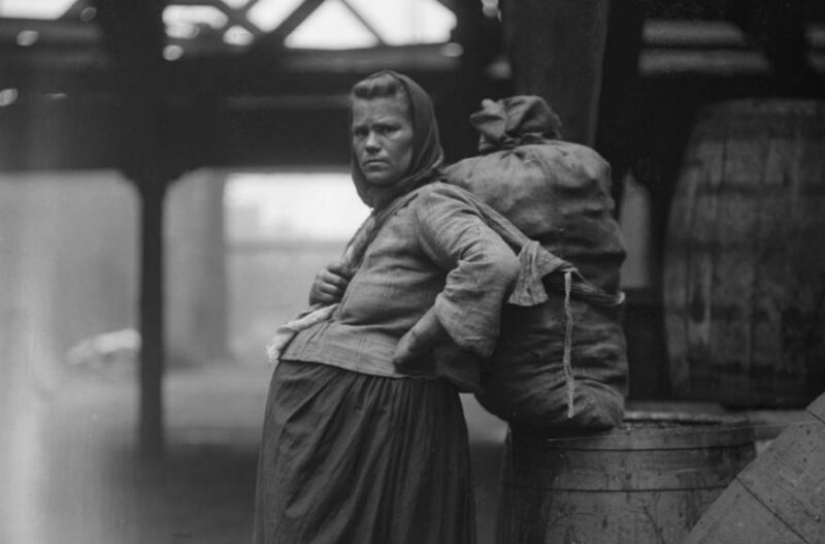
In the pre-Christian period, they married "on the fly", only if the girl belonged to a noble family, for example, a princely one. But in this case, many guys, especially from poor families, themselves were not against such a profitable party. If the cavalier valued freedom above money and privileges, then his parents could also reason with him, sometimes with reins or a pole.
With the adoption of Christianity by Russia, the issue of marriage because of the "interesting situation" of the girl moved from the material sphere to the field of ethics and morality. The relatives of the seduced girl, the village elder and the clergy pressed the reveller and his family, forcing them to marry.
At the same time, exerting pressure, they operated both with punishments typical of the earthly vale (censure, corporal punishment, exile and even trial), and with abstract heavenly ones — refusal to enter the gates of paradise, where the way is forbidden to libertines and seducers. Once upon a time, people were so unspoiled that they took all these threats seriously.
We all know that serfs in Russia were not considered people and these people were the full property of their master. Of course, the master could dispose of the personal lives of his slaves at his discretion. It was a common practice when the manager simply brought the peasants to the master, lined them up in pairs, and the owner gave the formal go-ahead for the wedding. The list was passed to the priest and he married couples formed randomly or at the whim of the landowner.
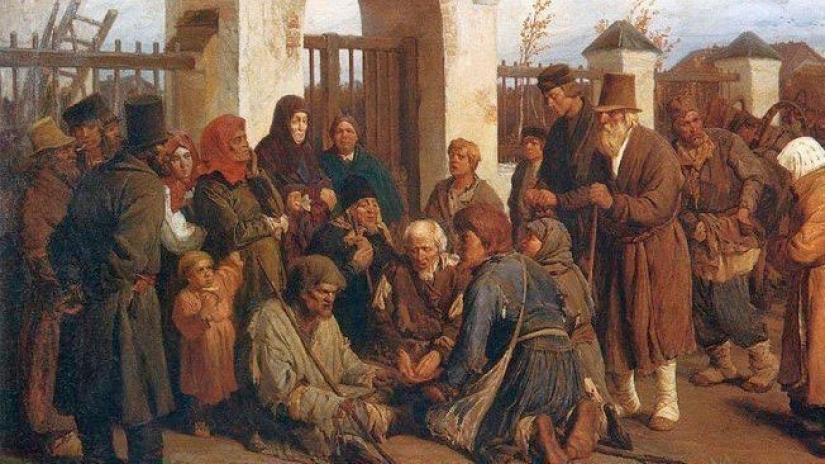
The famous Russian writer Alexander Nikolaevich Radishchev wrote about such forced marriages with disgust, as about primitive savagery. In his opinion, serfs "by the power of the lord ... were attracted to execution," since they often married people who were unpleasant to each other and it was impossible to dissolve such a marriage on their own.
German traveler Fanny Tarnow, who visited Russia in the 17th century, claimed that Russian landlords married their serfs solely for "aesthetic reasons", arranging couples by height, age or simply relying on their own intuition. Feelings were almost never taken into account, so adultery, domestic violence and even murder were common among the "vile people".
The wish to "pair up" expressed by one of the heroes of the Soviet comedy "For Two Hares" perfectly illustrates the pragmatic approach to marriage peculiar to the imperial authorities of Russia. Those in power did not care about human happiness at all — they were only interested in the increase in numbers that gave peasants, soldiers and settlers.
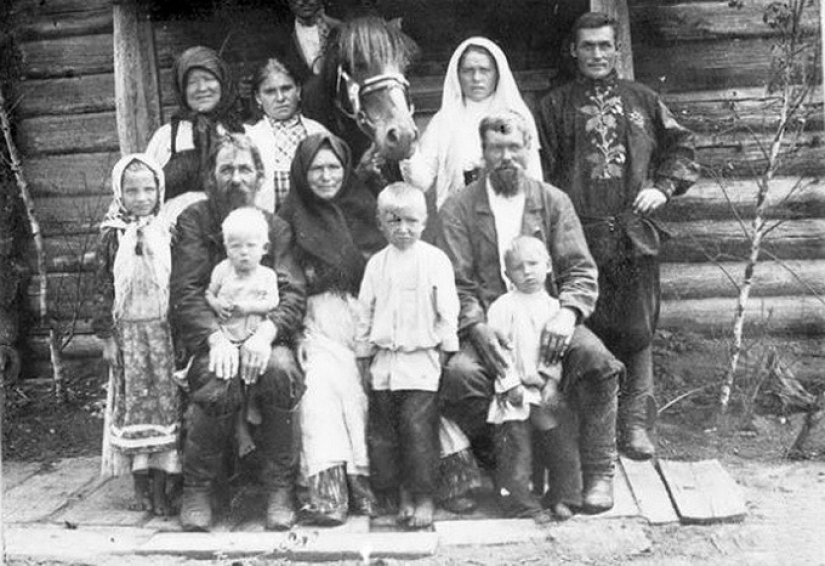
This approach was practiced by the governor of Astrakhan and concurrently the owner of thousands of serfs Artemiy Petrovich Volynsky. A major government official and a rich slave owner acted "nobly" — in order to entice serfs to create families, he gave a dowry for the girls — from 2 to 5 rubles. The money at that time was not crazy, but solid.
In some places, they were motivated to "steam" in a less humane way. Some landlords, not wanting to appoint couples themselves, simply transferred the serfs who had "stayed in the girls" to the hardest jobs. Those who were 19-20 years old fell into the risk zone — the borderline age for marriage. Additionally, parents who did not care about their daughter's future could also be fined.
The great Russian commander Count A.V. Suvorov, who is very close to the common people, in order to increase the likelihood of girls getting married, by a strong-willed decision lowered the marriage age of his peasants to 15 years. It is not known for sure whether such a trick of the count gave a positive result.
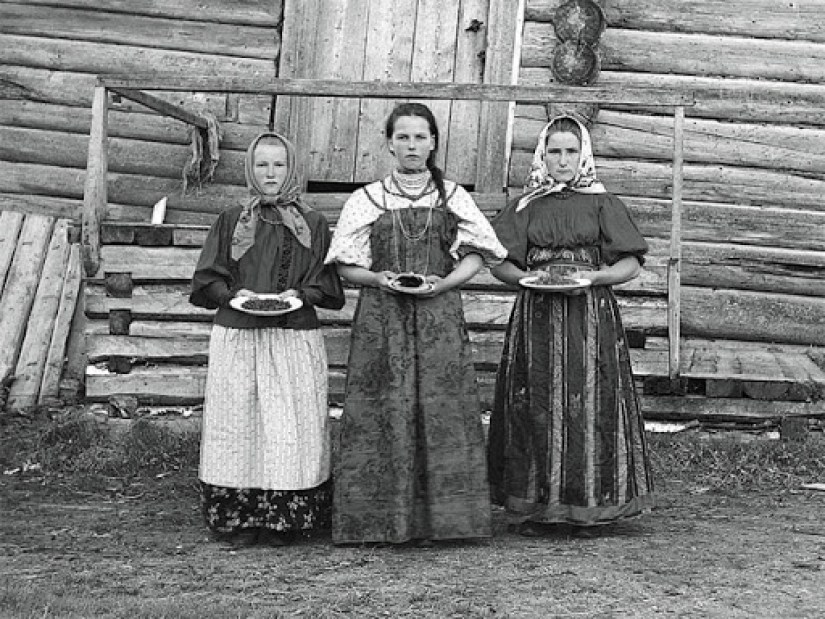
As we can see, being a marriageable girl and her parents was not easy in Russia. Therefore, it is not surprising that, trying to attach a daughter, ordinary people went to a variety of tricks. Often the girl herself seduced the guy and dragged him into the grove or into the hayloft, and at the most crucial moment relatives with witnesses showed up to fix the fact of corruption and force the man to marry.
In the old days, they could marry against their will and on the basis of material considerations. Sometimes, especially after epidemics, wars and famine, families in distress gave their young men to the primaks. They were married to girls from wealthy families, where there was money and a strong household, but there were not enough men's hands.
It was a way not only to arrange the life of his son, but also to survive themselves. Often such a primak, working in someone else's household, helped his relatives. Contractual marriages were concluded after drawing up a document — a contractual letter, in which the details were specified. Often the condition was that after the death of his wife's parents, the husband-primak became the full owner of the family's property or part of it.
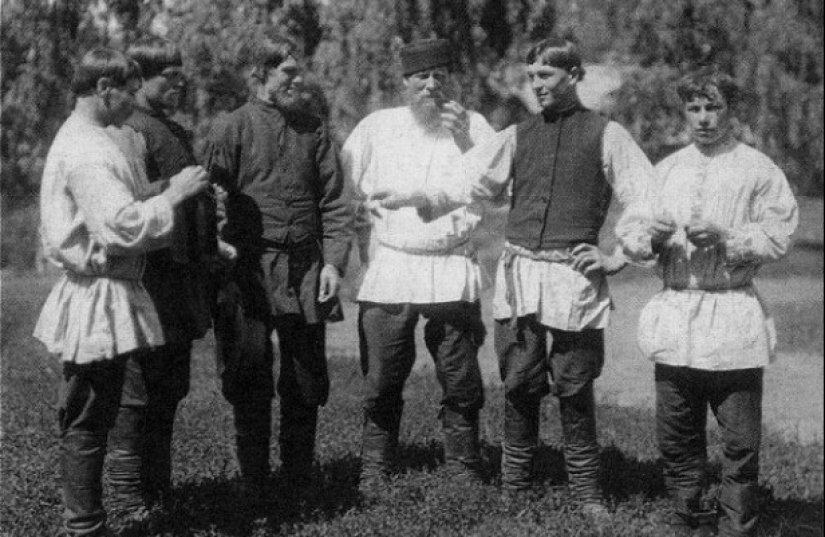
Letters of this type protected the man from claims to the property of other relatives of the spouse, for example, her brothers. Very often this document had an impressive volume and contained dozens of items for all occasions. This was important, because a man, having worked in someone else's family for many years, could end up with nothing because of one mistake in a letter.
In the old days, the army served for a long time and restlessly, so it is understandable that there were many who wanted to avoid a soldier's fate. And the peasant family was not particularly enthusiastic about the loss of strong male hands for 25 years. And this is even if you are lucky and the soldier will return from service alive and well.
There were few options to avoid the army, and one of them was to marry a potential recruit to the ugly daughter of a wealthy villager or a widow with children. In this case, everything happened again on a contractual basis — the father of the unpresentable bride paid off for the son-in-law and a new, albeit not entirely voluntary, cell of society was created. And in this case, a less fortunate and well-off villager went to the army.
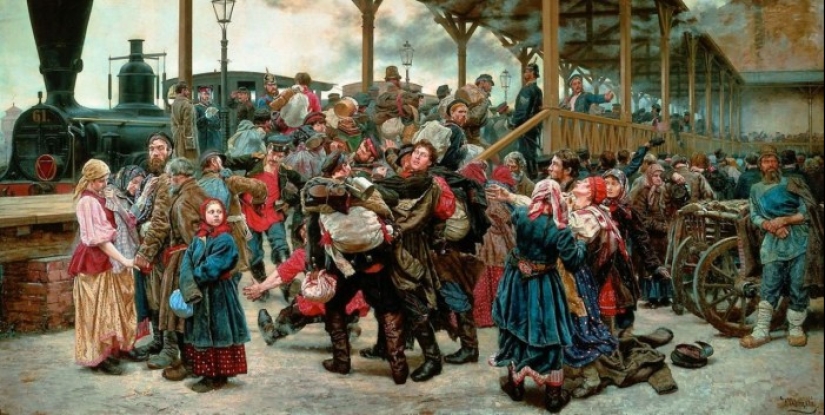
A father could force a wayward son to marry, who was afraid that the family would be interrupted or that there would be no one to leave the farm to. This variant of forced marriage became particularly widespread at the turn of the 18th and 19th centuries, when in The first prosperous serf families began to appear in Russia. This approach to the creation of families was less common among the nobility, especially where the son was the only heir.
The reformer tsar Peter I issued a decree that forbade couples to marry without mutual consent. At the same time, the sovereign himself, as often happens, did not give a damn about his law and, by his will, married Tsarevich Alexei to the German princess Charlotte Christina, who was also a Protestant. Tsar Peter Alekseevich married his son, following diplomatic considerations, but the essence remained the same — Alexey Petrovich became a victim of his father's projects.
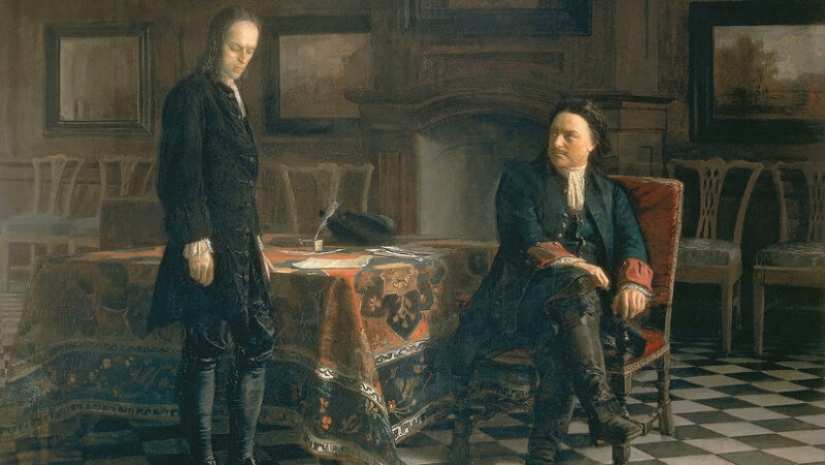
Of course, not everyone could be forcibly married. Some obstinate sons actively resisted their father's will. In such cases, various methods of persuasion were used, ranging from banal persuasion and assault, ending with "heavy artillery" — disinheritance and even the most terrible — a paternal curse.
The latter does not sound too scary, but two or three centuries ago, the cursed son turned into an outcast, who lost the support of his family and often fellow countrymen. There was only one way for such a guy — to become soldiers or sailors, where completely lost people voluntarily went.
Recent articles

It's high time to admit that this whole hipster idea has gone too far. The concept has become so popular that even restaurants have ...

There is a perception that people only use 10% of their brain potential. But the heroes of our review, apparently, found a way to ...

New Year's is a time to surprise and delight loved ones not only with gifts but also with a unique presentation of the holiday ...